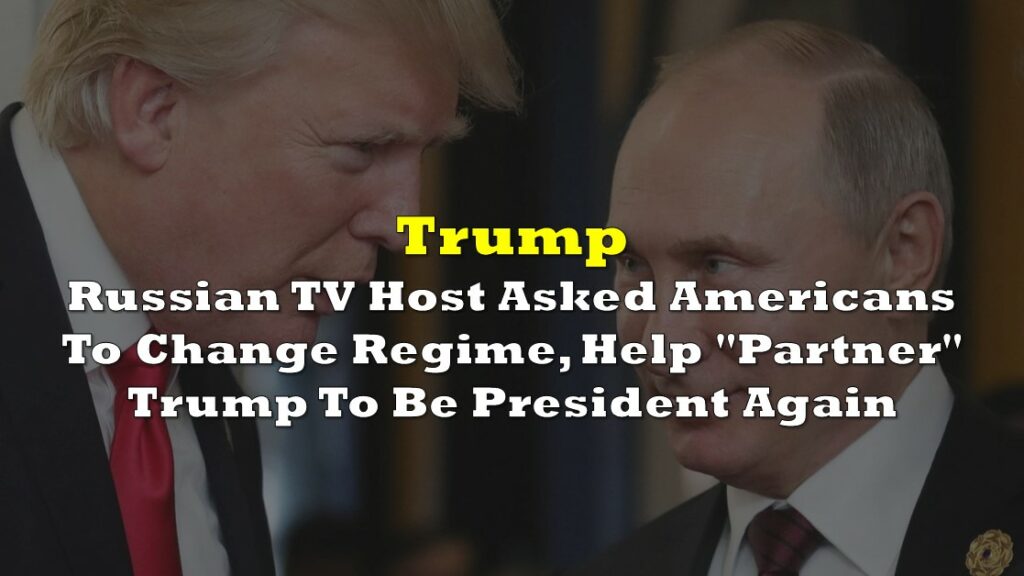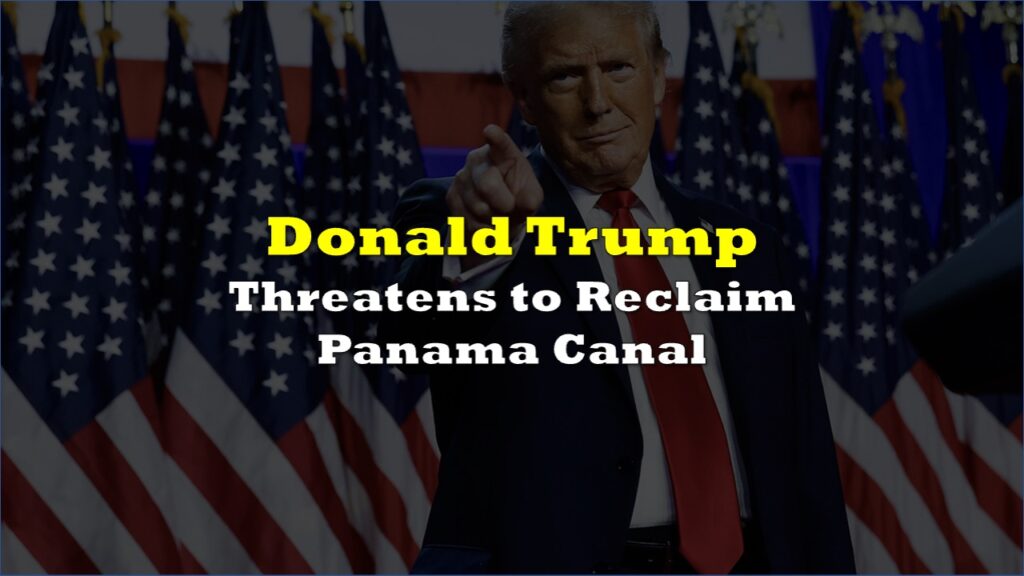U.S. President-elect Donald Trump’s incoming administration has imposed a strict gag order on Cabinet nominees, barring them from posting on social media without prior approval from the transition team. The directive, issued by incoming White House Chief of Staff Susie Wiles, signals an effort to rein in the chaos and infighting already plaguing Trump’s second-term transition.
However, critics argue the policy reflects deeper dysfunction and mistrust within the president-elect’s inner circle.
In a memo obtained by The New York Post, Wiles reiterated earlier warnings that “no member of the incoming administration or Transition speaks for the United States or the President-elect himself” without prior approval. The memo specifically emphasized social media, requiring that “all intended nominees should refrain from any public social media posts without prior approval of the incoming White House counsel.”
While the memo does not cite specific incidents, its timing is notable. Senate confirmation hearings for Trump’s Cabinet nominees are set to begin in early 2025, and the gag order appears aimed at preventing further controversies from derailing the process.
The directive raises questions about transparency and accountability in Trump’s administration. Critics argue it limits the public’s ability to scrutinize the policy positions and qualifications of nominees who will wield significant power in shaping the country’s future.
MAGA Infighting
The gag order comes amid intensifying internal disputes within Trump’s base, particularly over his sudden endorsement of the H-1B visa program for skilled workers. High-profile MAGA figures like Steve Bannon and Laura Loomer have publicly attacked Elon Musk, a staunch advocate for the program and a key Trump ally, accusing him of prioritizing corporate interests over American workers.
Bannon has lambasted Trump’s perceived shift on immigration policy as a “betrayal” of his America First agenda. Loomer, meanwhile, took to social media and podcasts to denounce Musk as a “welfare queen” and warn of Silicon Valley’s influence on Trump’s administration.
The social media gag order appears to be an attempt to avoid further public embarrassment, as some nominees have already begun wading into contentious debates. Musk, slated to lead Trump’s newly established Department of Government Efficiency, has been a lightning rod for criticism, further complicating an already fraught transition.
Trump’s move to silence his nominees underscores a recurring theme in his leadership style: a reliance on control and loyalty over openness and accountability. By preventing Cabinet nominees from articulating their positions on social media, Trump effectively shields them from public scrutiny, limiting their ability to clarify stances on critical issues. This approach has drawn criticism from both sides of the aisle.
“It’s one thing to ensure disciplined messaging, but this is an outright gag order,” said a former Obama administration official. “The American people deserve to know who these nominees are and what they stand for. This level of control speaks to a lack of trust, not strategy.”
Even some Republicans are privately concerned that the directive reflects broader dysfunction within the Trump transition. “If you can’t trust your nominees to post on social media, how can you trust them to run a federal agency?” a GOP strategist told The Washington Post on condition of anonymity.
Presidency Under Seige
Trump’s Cabinet choices have already sparked significant backlash, further amplifying the need for damage control.
- Robert F. Kennedy Jr., an anti-vaccine advocate, has been nominated to lead the Department of Health and Human Services, a decision critics say undermines public health efforts.
- Pete Hegseth, tapped to head the Department of Defense, has faced criticism for his lack of military experience and inflammatory rhetoric.
- Tulsi Gabbard, nominated as Director of National Intelligence, has drawn bipartisan concern over her ties to authoritarian regimes.
These controversial picks are likely to face tough questioning during confirmation hearings, making the administration’s push for silence all the more significant.
The gag order reflects a broader pattern of tension and mistrust that has defined Trump’s political career. While the directive may temporarily limit public missteps, it risks creating an environment of secrecy and opacity that could alienate voters and lawmakers alike.
Moreover, it highlights Trump’s paradoxical relationship with social media. As a president who leveraged platforms like Twitter (now X) to build his political brand, Trump’s efforts to muzzle his team underscore the precarious balance between exploiting and controlling the medium.
As the confirmation process looms, the gag order may serve as a short-term solution to long-term problems. However, it also sets a troubling precedent for an administration that has already shown signs of prioritizing loyalty and control over transparency and accountability.
Information for this story was found via The Independent and the sources and companies mentioned. The author has no securities or affiliations related to the organizations discussed. Not a recommendation to buy or sell. Always do additional research and consult a professional before purchasing a security. The author holds no licenses.









